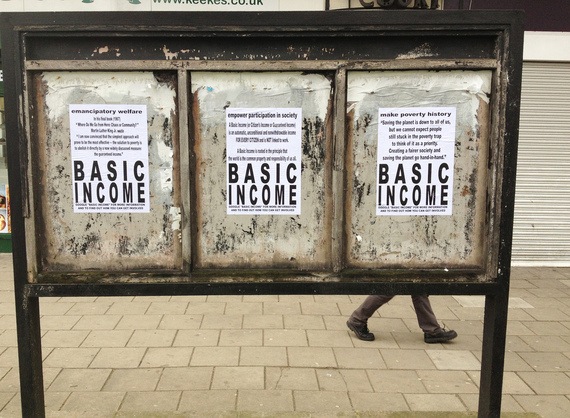RIO DE JANEIRO, BRAZIL – The R$600 emergency aid for low-income casual workers, the celebrated program that helped stem the Brazilian economy’s tumble at the height of the crisis triggered by the novel coronavirus, has a date to end. The economic team is studying how to restructure social assistance programs after the benefit ends, as it helped increase the population’s income during the pandemic, but is unaffordable in the long term. The initial effort is the already named Renda Brasil (Brazil Income), which plans to upgrade the Bolsa Família (Family Grant).
Although the concept of a universal minimum income is being discussed in Congress, the assessment of members of the economic team is that the new program should follow the basic income model, as already provided in the Bolsa Família, but that it could add resources from other programs considered ineffective, increasing the cash for the social aid without producing greater impacts on the public coffers. To this end, R$20 billion from the PIS/PASEP salary allowances and Seguro Defeso (Seasonal Unemployment Insurance) should be added to the R$32 billion budget of the Bolsa Família to cover this new benefit.
The programs that are candidates to join Renda Brasil are considered ineffective for income distribution. The salary allowance is paid annually to those who receive up to two minimum wages and have a signed worker’s record book, i.e., for people who already have legal protection under the CLT (Labor Code). The seasonal unemployment insurance is intended for fishermen during the period when fishing is banned. These programs would have their funds used to boost Bolsa Família and serve more low-income families. The focus on unifying these programs following the end of the emergency aid is considered feasible since there is consensus among the political class on the need to increase spending on social assistance.

With the simplest model, Renda Brasil could be passed in Congress faster, and implemented soon after the emergency aid has ended – the disbursement of the last installment is scheduled for August. A program that provides a universal benefit for children aged 0-6 or even the negative tax, one of Minister Paulo Guedes’ goals, needs much more negotiation and time to become feasible, and a response to the end of the emergency aid is required.
The amount paid by the Renda Brasil has not yet been defined, nor has the increase in the number of its beneficiaries – today 14.3 million families are entitled to the Bolsa Família – but it is clear that the amount will be lower than the emergency aid, which may result in a drop in economic activity. To boost consumption with the end of the aid, the Ministry considers that the emergency withdrawal from the FGTS (Severance Indemnity Fund), which has already begun to be paid and should inject R$37 billion into the economy by the end of the year, will help to sustain activity in this post-emergency aid period.
The gradual resumption of economic activities, as well as the reformist agenda (with the now passed Sanitation Framework law, the government’s tax reform and the new gas law), should help to improve the environment for attracting investments and opening jobs, and Renda Brasil would be the social arm to help in a resumption that fits Guedes’ agenda, with private investments and efficient public spending.
In any case, the state of public calamity until December 31st and the war budget may enable the government to extend emergency aid this year in case the scenario considered feasible by the economic area does not progress in Congress. The progress of Guedes’ projects remains to be seen, as he is experiencing a liberal dilemma between implementing deep transformations in the State while negotiating with the political class.

